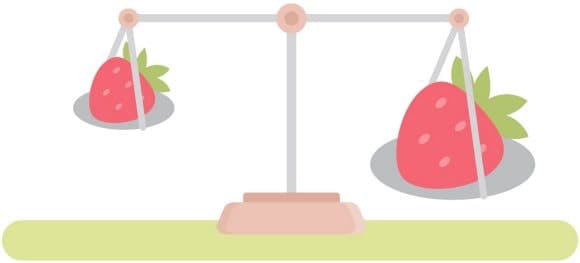Why is organic produce more expensive?
How do you explain to your child why we should only buy strawberries in season and why organic eggs are more expensive? Eating seasonally makes sense and children are eager to learn about it.




